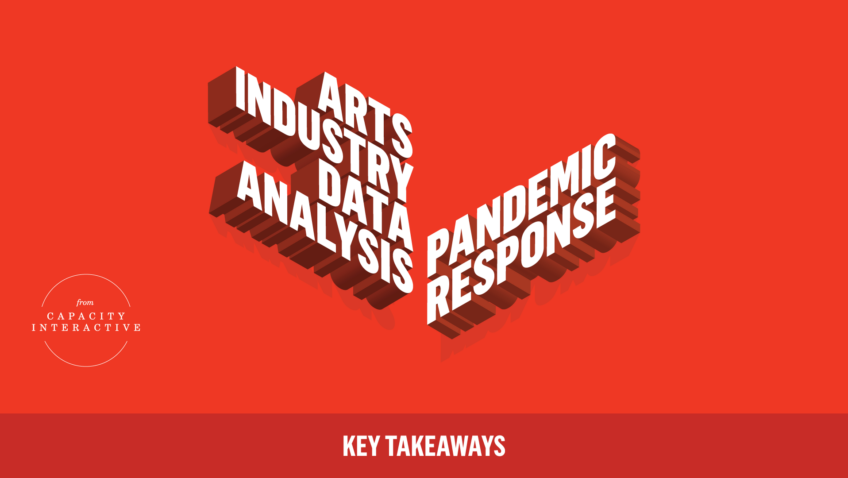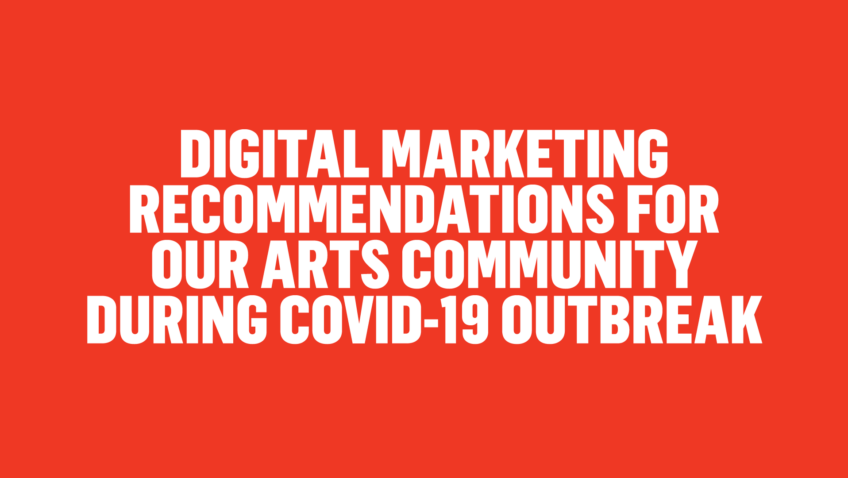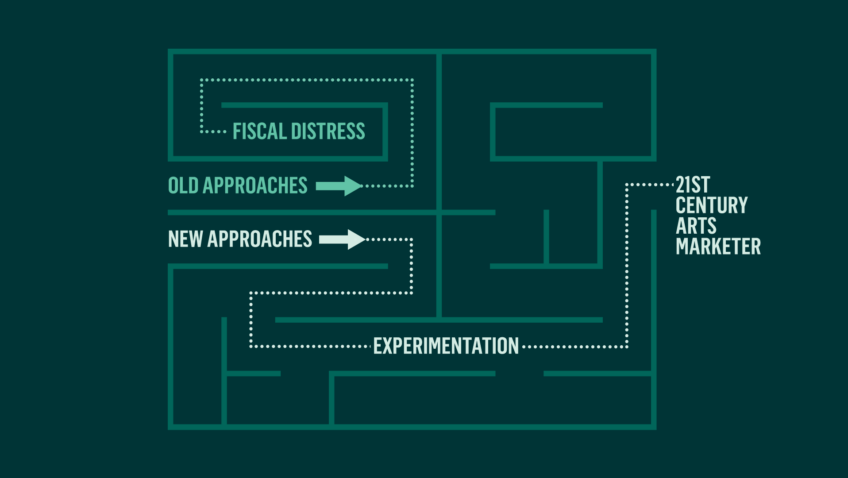Greater Than: Lessons Learned in 2017
The end of the year is a contemplative time for me. While 2017 was a tough year in the broader context, it was a year of immense growth for me personally and professionally.
Capacity Interactive will turn ten next year and we will head into 2018 with 50 people strong, proudly serving over 150 arts and cultural organizations across the U.S., Canada, and the U.K. One of my proudest achievements of 2017 was starting the CI to Eye podcast, where I’ve had more than 20 opportunities to learn from some really smart and passionate people.
I recently started making a list of the lessons I learned this year in the form of “greater than” equations. Nerdy? Duh.
Most of these are about how you treat yourself and others in the face of challenges, change, and adversity. These lessons were born in large part from making mistakes myself but also from reading about and asking about other people’s experiences. I’ve also learned from my teammates, my coaches, and mentors. What I’m saying is I did not come up with most of these lessons on my own. I just came across them when I needed them.
These are all aspirational. I often forget these principles. On a good day, I may achieve a few of these and miss the rest.
I wrote these in one place to remind myself of what I’ve learned. But I publish it with the hope it will be useful to you.
Elevate Those Around Me > Elevate Myself
As I’ve stepped into leadership, I’ve realized that you only achieve success through helping others achieve success. If you manage people, your priority must be to help your team be more successful at work and in all aspects of their lives. Your goal is to coach them and help them solve issues that are getting in their way. These can be both tactical and interpersonal.
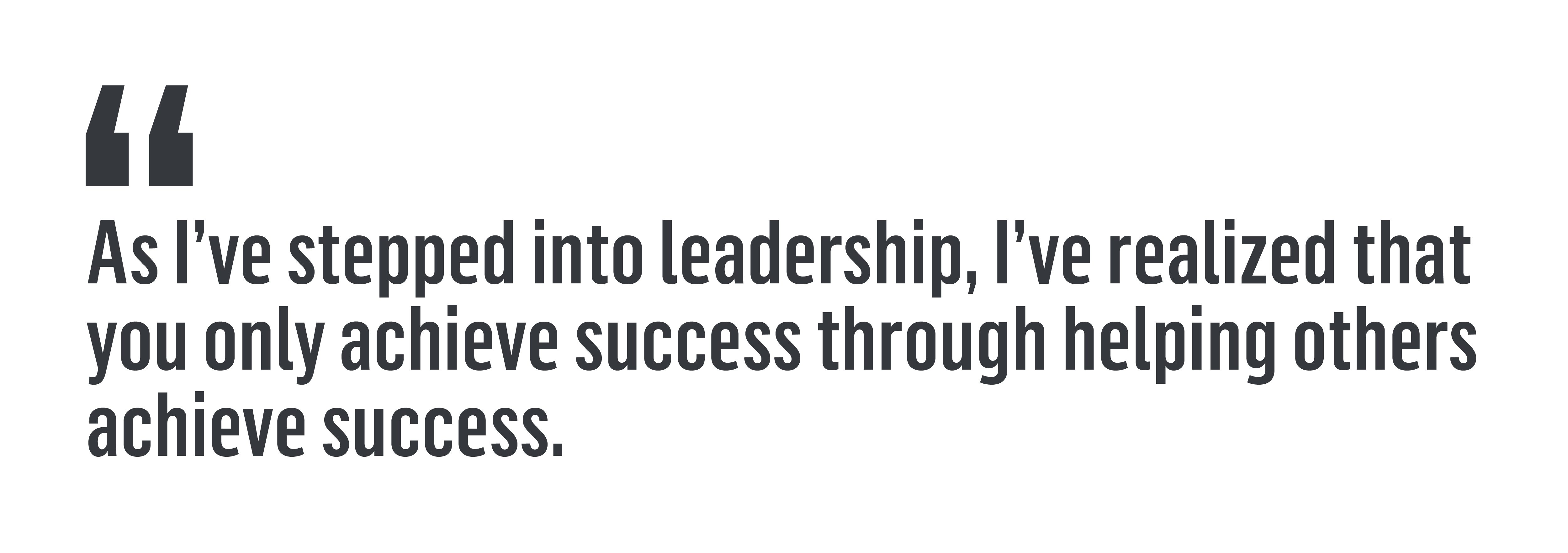
There is nothing more thrilling than watching one of your colleagues become better at their jobs and overcome something that was initially challenging. To do this, you must craft your days to spend time with your team. You must realize that when you’re in the office your job is to be present and available. I’ve learned from CI’s VP Christopher Williams (you can listen to our podcast episode here) that being open to interruption is crucial for leadership and anyone managing a team must embrace it.
Growth Mindset > Fixed Mindset
When you make a mistake, don’t beat yourself up. Learn from it. This is the powerful Growth Mindset. Sure, I still beat myself up when I make mistakes, but these periods of self-torture have become shorter. It’s good to share your mistakes with others so they can learn from them. When we do this, our mistakes aren’t taboo but, rather, embraced.
In our full staff meetings, teams have the opportunity to share their mistakes with the larger group in the spirit of learning. Making mistakes is how you learn. You must go through pain to get better. The next time you make a mistake, try to reframe it as a learning opportunity. (John Berardi of Precision Nutrition talks all about the Growth Mindset in our podcast episode. N.B. the Growth Mindset is based on Carol Dweck’s book).
Respected > Liked
This one is hard and first came to my attention from Meghan Keaney Anderson in a great post she wrote about management on HubSpot’s blog. (You can listen to my podcast interview with Meghan here).
I am a natural people-pleaser, meaning I want people to like me. But as Meghan says, when it comes to being a leader, it is far more important to be respected than it is to be liked. This is very difficult but important. I’m still learning this one.
Seeking to be Questioned > Seeking to be Right
The book Persuadable by Al Pittampalli questions the notion that strong leaders know all the answers and have a steadfast and unbreakable vision. It argues that the best leaders don’t have all the answers. Rather, they ask questions. Good leaders want to be proven wrong. They are persuadable. This is sometimes hard on my ego, which likes to be right. It’s OK to not be right. It’s better to be persuadable.

Unattached > Attached
This one is Buddhist. When I go to my executive coach, Jennifer Zaslow (you can listen to our podcast episode here) with a challenging interpersonal conflict she often says, “you sound very attached,” meaning I am grasping onto my feelings rather than seeing the bigger picture. She is almost always right. “What would it feel like to approach this problem from a mindset of non-attachment?” is her next question. This is the work. Easier said than done, but highly liberating. It allows you to let go and understand the underlying issues rather than seethe in whatever hurt your ego. Then you deal with the problem at hand and move on.
Giving Tough Feedback > Giving Easy Feedback
This is also very hard. The only way your team members will grow to be excellent is to give them immediate feedback in the moment—particularly when it is tough feedback. Feedback is not meant to make someone feel good or feel bad. It’s meant to make them better at their job.
Give lots of feedback to your direct reports (and peers and managers if your culture is open to that). Don’t be afraid to give tough feedback and don’t couch it with niceties. This requires building a personal relationship with your colleagues so they trust you. Feedback is most valuable when it comes out of the foundation of a trusting personal relationship, and you need to first build that. Kim Scott has a book and podcast called Radical Candor that outlines this leadership and feedback model. It’s a vital resource that I find myself turning to often. You can watch me discuss the power of Radical Candor with Jennifer Zaslow in this video from Digital Marketing Boot Camp for the Arts 2017.
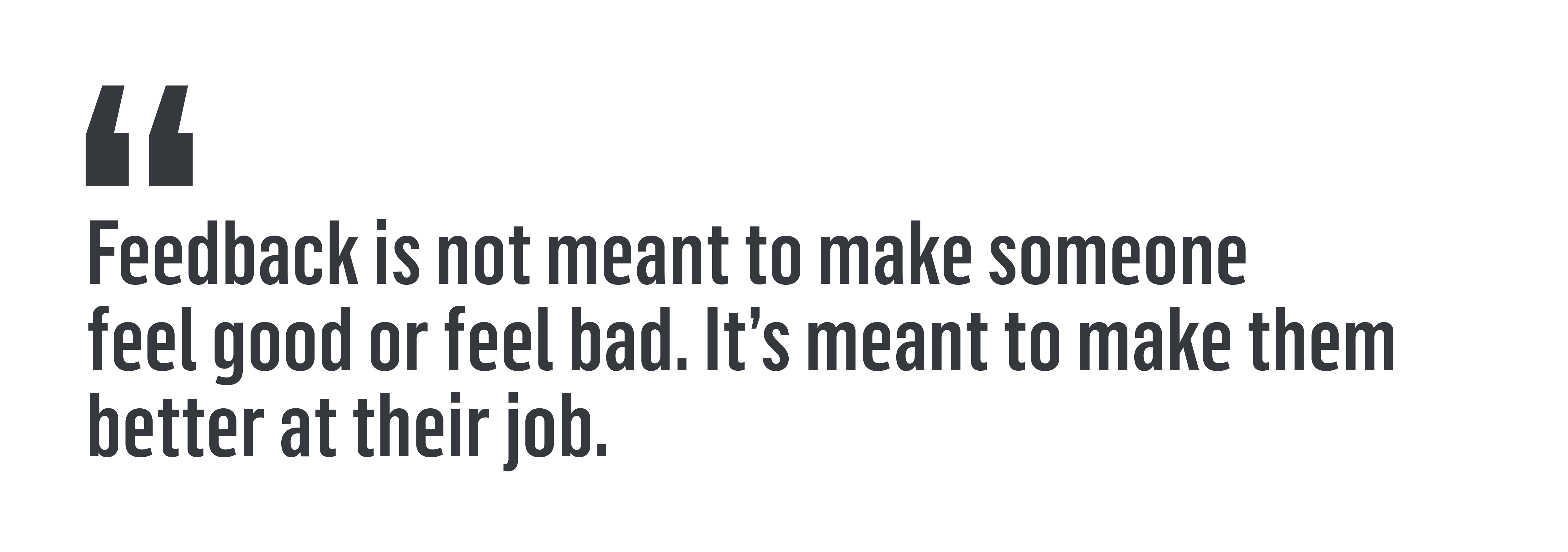
Mindset of Abundance > Mindset of Scarcity
There are so many good work opportunities out there, so cultivate a mindset of abundance. If you know something is fundamentally wrong with a working relationship, first work to improve it. If that doesn’t work, move on. Holding onto unhealthy client or manager relationships or taking on projects you know are not ideal because you fear there won’t be more opportunities is a poor place from which to operate. Trust that if you do good work and are good to people, opportunities will be plentiful. I’ve found this to be very true.
“Hell Yes” > “Yes”
When opportunities come your way and you’re deciding if something is worth your time ask yourself, “is this a ‘hell yes’ opportunity?” If not, it’s likely a no. This is from Derek Sivers in his podcast interview with Tim Ferriss. This requires setting priorities for your limited time.
I know my time is best spent with my teammates, current and potential clients, and opportunities that will enhance or build those relationships. Other opportunities require the “hell yes” or “no” filter.
Recently I was asked to write a chapter about digital marketing for the arts for a book. Sounds easy at first, but I knew how much time it would take and ultimately turned it down. Saying “no” opened more time for the future “hell yesses.” Since I know my priorities, it was an easy decision, especially with that filter.
Hope this was useful. Please let me know in the comments. I love hearing from you. May 2018 be even “greater than” 2017!




